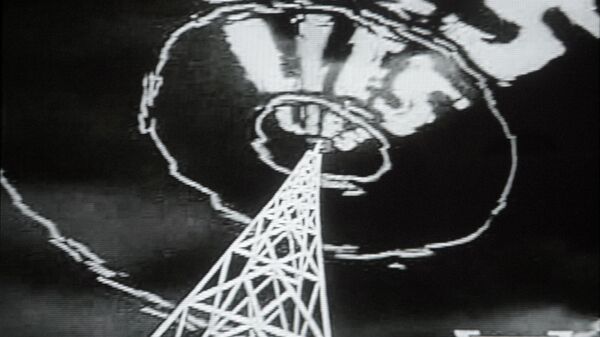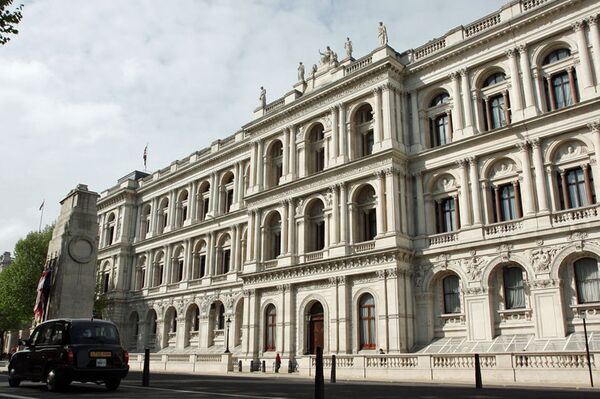The British government made secret payments to Reuters in the 1960s and early 1970s, with the funds concealed in BBC subscription payments to the news agency, declassified government papers show.
In a partially redacted government document from 1969 marked “Secret” and titled “Funding of Reuters by HMG” (Her Majesty’s Government), an official indicated that the government was “now in a position to conclude an agreement providing discreet Government support for Reuter services in the Middle East and Latin America.”
“HMG’s interests should be well served by the new arrangement,” the document boasted, explaining that “What HMG might secure, in effect, is the chance to influence in some measure the whole Reuter output.”
The declassified papers show that the government paid Reuters what was referred to as an “enhanced subscription” of 245,000 pounds before 1969, with payments reduced to 100,000 pounds for 1969-1970 and zero between 1972 and 1973.
Reuters, one of the largest news agencies in the world, provides news in English and a number of local languages about regional and global events, and is subscribed to by smaller media organizations including newspapers and broadcasters worldwide, making it highly influential.
A Reuters spokesman sought to play down the significance of the declassified papers, saying that “many news organizations received some form of state subsidy after World War Two.” The spokesman admitted, however, that “the arrangement in 1969 was not in keeping with our Trust Principles and we would not do this today.”
Commenting on the revelations, a BBC spokesperson said that the BBC’s charter “guarantees editorial independence irrespective of whether funding comes from the UK government, the license fee or commercial sources.”
Contract Negotiated by UK’s ‘Fake News Factory’
The negotiations with Reuters were led by the Information Research Department (IRD), a notorious propaganda unit of the Foreign Office formed in the late 1940s. In the documents, then-head of the IRD John Peck said the funding for Reuters Middle East and Latin American coverage could “lead to valuable goodwill and cooperation with the Agency on a global scale.” IRD indicated that they were confident that the agency “could and would” provide materials in a way favourable to British government interests.
Only a handful of senior BBC executives were said to have known about the scheme.
The IRD, which has been described as the UK’s ‘Cold War Fake News Factory’, was a highly successful intelligence operation aimed at manufacturing anti-Soviet and anti-communist propaganda during the Cold War. Coordinating its efforts with MI5, MI6 and the BBC World Service, IRD provided funding and other support to media, cultural figures and writers (including George Orwell) and academics (including the late historian Robert Conquest). The IRD was closed down under former UK Foreign Secretary David Owen in 1977. The agency’s existence and the extent of its activities were first partially exposed in January 1978 by The Guardian investigative reporter David Leigh.
The extent of the BBC’s cooperation with the IRD was partially revealed with the release of a series of classified documents in 2018, with documents showing that the company sought help from the British government to identify “subversives” among its journalists.



